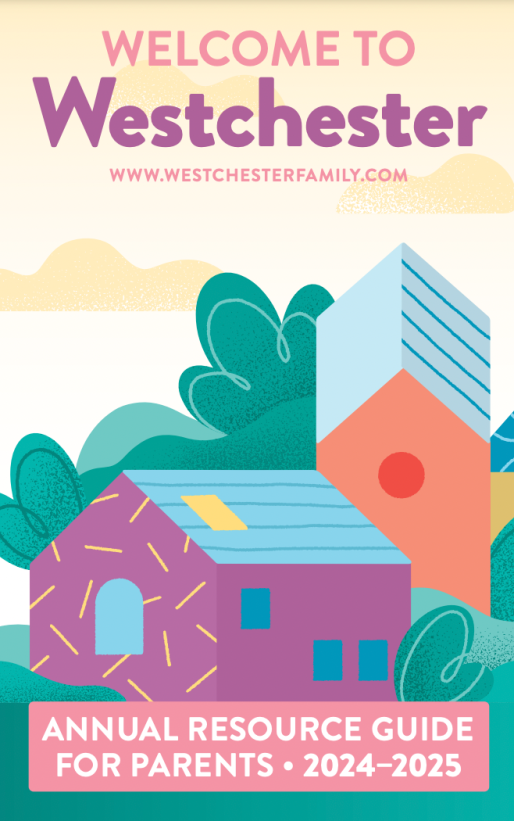Tween Boys
So, what is a “tween boy?” According to Urban Dictionary, a tween is between the ages of 9 and 12 and therefore “in-between” being a child and a teen. Some late-blooming 13- and 14-year-old boys are still fairly “pre” in their development, so I prefer to think of this age group as “between” rather than “preteen” as they are sometimes called. According to the 2010 U.S. Census, there are currently 20 million tweens in the U.S. and they are projected to hit 23 million by 2020.
While elementary and middle school age girls have received a lot of press around the issues of Queen Bees, bullying and cliques, the assumption is often made that boys are on cruise control. But boys have issues too. And they go well beyond baseball and soccer. This is, after all, a time of rapid and intense social, physical, emotional and intellectual change.
Tweendom can be a confusing enough time for kids, but equally confusing for the family members. It is interesting to note that most current tweens are the offspring of Generation X. Parental expectations and styles will influence how kids grow up and this subset of kids is no different. Having said that, this cohort of kids is also extraordinarily diverse. Minorities will comprise more than half of all children by 2023, with nearly 40 percent projected to be Hispanic.
As a doctor specializing in tweens, when evaluating a patient I use a simple framework to think about them. What are they “supposed” to be doing at this time? What do we expect from them? What, if you will, are the “tasks” they need to accomplish as they move into and through early adolescence? Some tweens will already be experimenting with these tasks. Tasks include the following:
• Gradually transitioning away from family
and toward a semblance of independence. This happens in fits and starts. One day they are sleeping with a worn out favorite stuffed animal and the next they are the big shot on the basketball team. Sometimes the uncertainty they feel and the response of parents to this new change can generate anxiety or moodiness (on everyone’s part).
• Exploring new relationships.
The need to spend time alone or with friends and away from parents begins to emerge toward the end of the tween age. Kids who go to camp develop fast and often life-long friendships at this stage. Others need the camaraderie of their neighborhood or team to help them transition out of their parents’ nest.
• Increasing comfort with the
body as puberty begins. This means understanding the pudgy midriff, the slight swelling in the breasts that some boys notice as they traverse puberty and the possible moodiness they experience. Boys may seem oblivious to, but often are acutely aware of, the body changes that girls are experiencing. Many 10-year-old girls are in full blown puberty, have attained a height of over five feet, and tower over their tween male classmates.
• Beginning to grapple with the concept of identity as
a person, a family member, a team member, a member of a congregation or other community group and a citizen of the world. I think of these identities as sexual, intellectual, global and spiritual. As tweens prepare for confirmation, bar mitzvah and other coming of age ceremonies we see them reaching new heights of sophistication in thought and ability. Some tweens awaken to their sexuality and their interest in and attraction to others. As we consider that many middle schoolers are coming out as gay we understand that the realization and possible struggle with their sexuality may be forming earlier in their tween years.
A sensitive medical provider is alert to all of these potential changes and to the concerns that most boys are experiencing. Questions about nutrition, exercise, hygiene, sleep, growth and development and relationships with family and friends can all be addressed even in a tolerably short exam at the annual checkup. It is always best to have these conversations clothed and seated. Sometimes doctors forget this in their haste, but any kid knows that it’s awfully hard to discuss puberty without being clothed.
Tween boys have a lot of questions about themselves and even about parents and friends. Given an opportunity, they will open up marvelously and reveal their inner lives. It often takes very little to reassure a pre-pubertal boy and I have found that they remember the advice forever.
Ann Engelland, M.D. practices at BridgeSpan Medicine in White Plains and serves teens and young adults. She sees patients ages 10 to 25 for primary care, teen gynecology and other issues of this age group. www.AnnEngellandMD.com.










